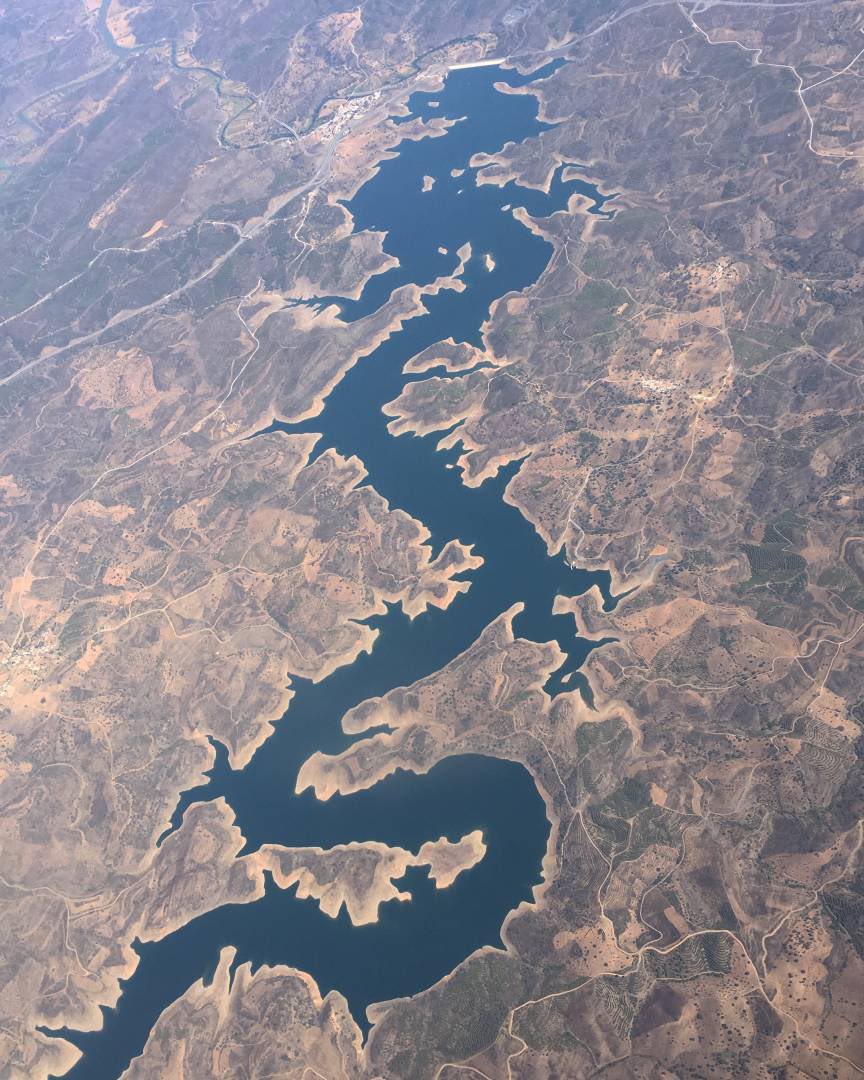To Gauge True Worth
“If man were wise, he would gauge the true worth of anything by its usefulness and appropriateness to his life.” ~ Michel de Montaigne
Two other 100 Days of Writing projects caught my eye when planning my own.
The first is from a professor of architecture and design in Shanghai who has written more than 100 posts over many years about his teaching and writing craft. The quote from Montaigne guides his efforts to learn, to teach, and to write with reflection.
As the 16th century French philosopher Michel de Montaigne has taught us, nothing is more meaningful in learning than to conceive the process itself as gauging the true worth of what we want or [are] about to learn “by its usefulness and appropriateness to our life.” That is, at the end of the day, I don’t want to be one of those people who simply write without reflecting, and then go on to teach without reflecting, and therefore make the world a much worse place than it was before because of the unexamined knowledge derived from unexamined thoughts.
The search for wisdom requires reflection. To make the world a better place, not a worse one, happens when knowledge and thoughts never go unexamined. As with Gioia's essay from yesterday, words have to take responsibility, or they may indeed “make things look better than they really are.”
I hasten to add, in an age when so many words are doom-filled and so many thoughts anticipate apocalypse, that irresponsible writing can also make things look worse than they really are, especially when the aim is to frighten, chastise, accuse and berate, excising encouragement, opportunity, and hope. Responsible words lead along a middle line of optimistic realism.
What are the criteria to be used in reflection? For Montaigne they are usefulness and appropriateness to life. The sweet spot of wisdom encompasses a pragmatic core, not devoid of “idealism” but neither devoid of practicality. “Use” becomes a special term of art. (More on “use” later.)
Community
Ann-Laure Le Cunff of Ness Labs started her 100 Days of Writing experiment to “get back into writing and to find her voice.”
She offers impressive, full-scale articles complete with primary research by dedicating two hours a day. She takes a scholarly approach, but she nevertheless writes for interest (not for formal publication, not for SEO) and gives close attention to conversation and community. The topics she chooses to write about begin in conversation, and her writing improves through both practice and feedback from readers.
I’m grateful to have a platform which allows me to build a network of smart people around the world.
By contributing to these communities, I create a virtuous circle where I get feedback, improve my content, and attract more people with relevant interests.
All this has positive business implications. When one attends not only to conversation, networking, and community, but to building a following, gaining subscribers, and seeing what content resonates, business thrives.
Writing has been amazing for the business side of things.
Nevertheless, there is an explicit aim not to neglect mental health (“writing has had a positive impact on my mental health as an entrepreneur”). Le Cunff's content mission is to “create science-based content to answer the question: How can we make the most of our lives without sacrificing our mental health?”
Ultimately, though, she attributes content popularity to dedication and heart.
People can feel it when you poured your heart into something, and I think my most popular articles also reflect this.
The complexity of Ann-Laure Le Cunff's writing project is daunting but motivating. As a leader of the “creator economy,” she combines substantive research with integrity of purpose and prolific output — without ever losing sight of the need to cultivate an audience for the sake of entrepreneurial goals. She provides genuinely useful on-topic syntheses, mental frameworks, and practical advice.
Tomorrow I'll tackle a PKM problem (“PKM” stands for Personal Knowledge Management): using highlighting and atomic notes to write.
For now enjoy the Blue Dragon River from Space
